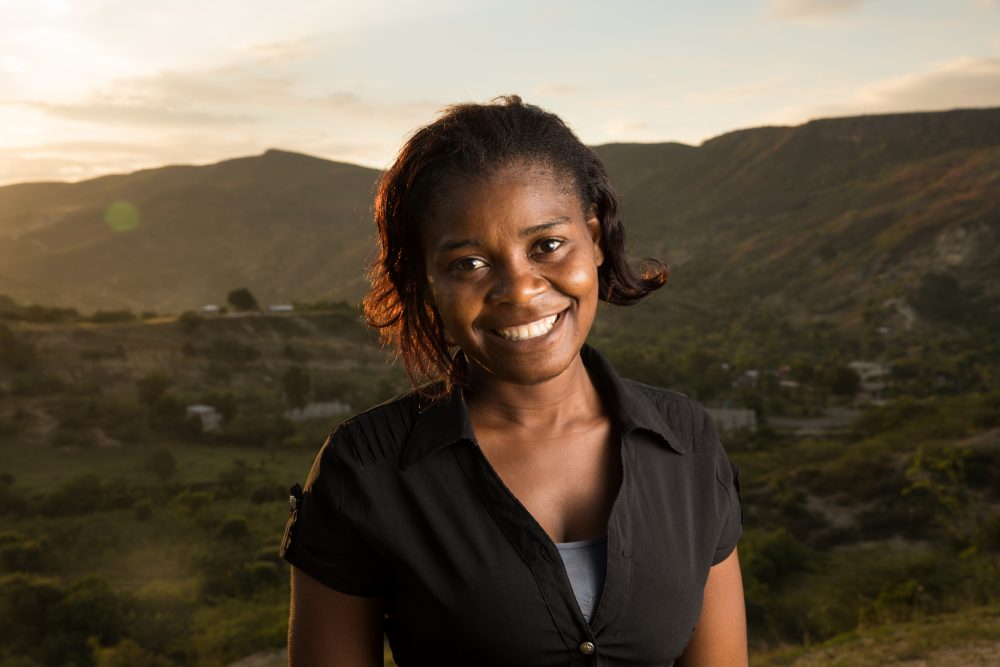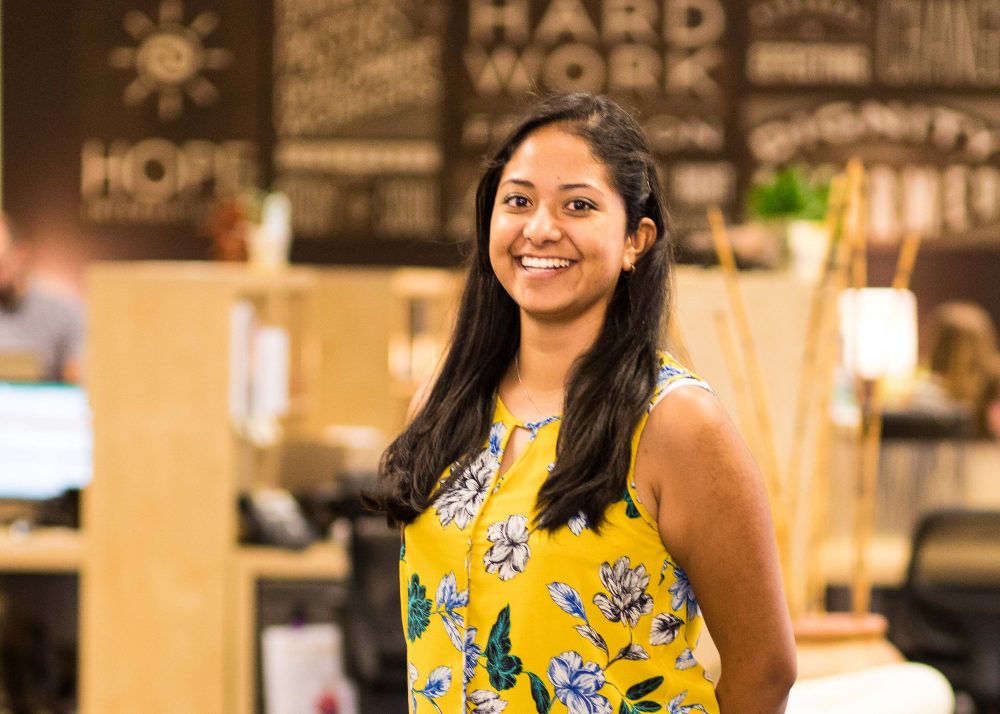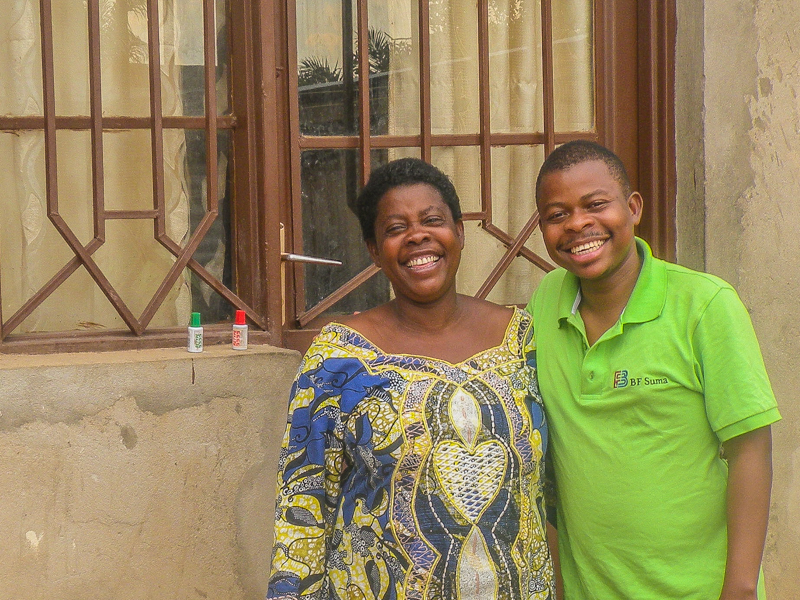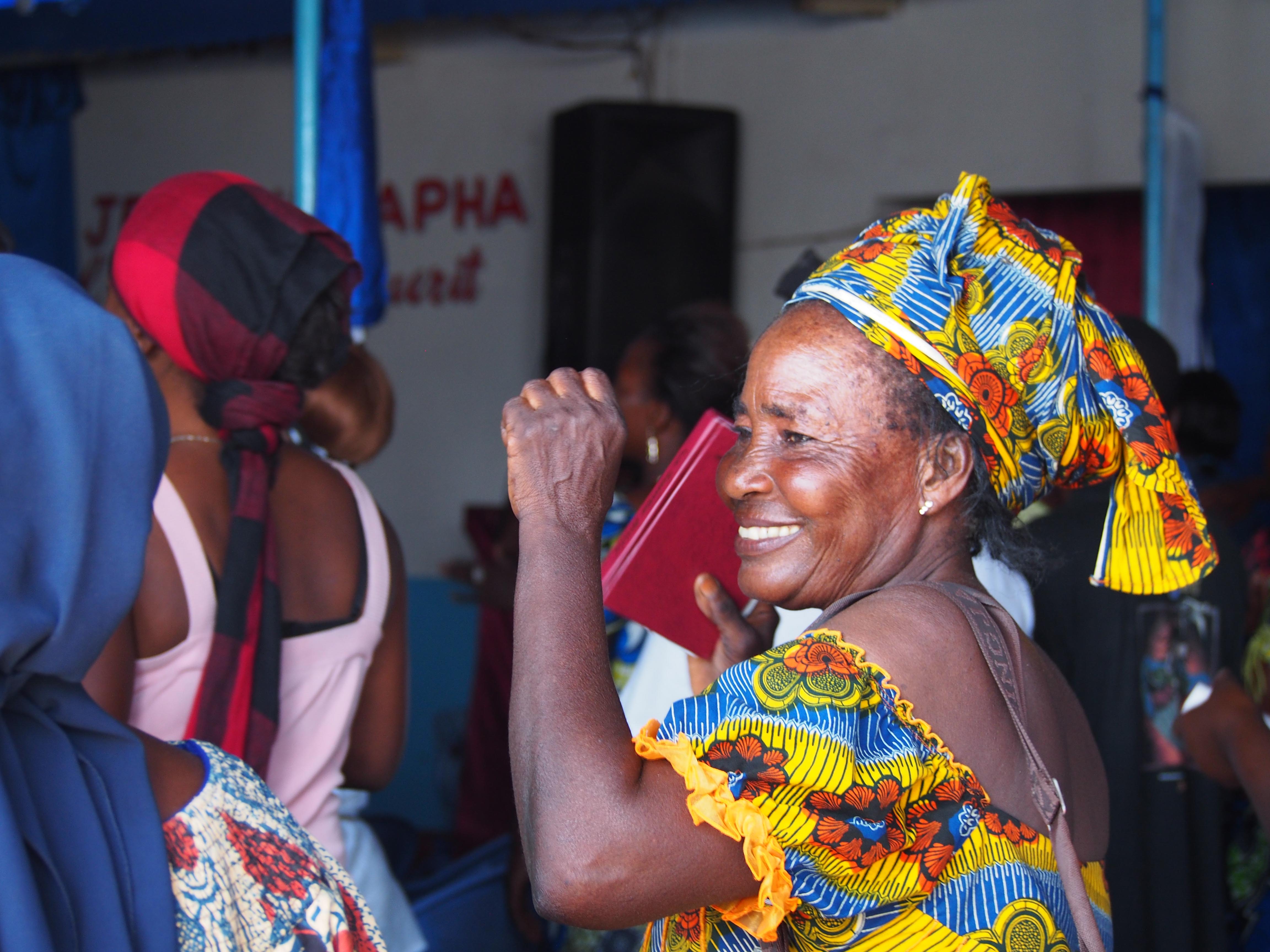Like owning a home in the U.S., buying a plot of land in rural Rwanda is a major investment. Not all families can afford the purchase and will instead work on others’ land. But with their own plot, farming families can grow their own food, earn more on the sale of crops, and leave an inheritance for their children.
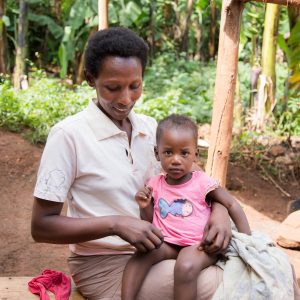
Odette and her family owned a plot of land years ago, but due to unforeseen medical expenses, they had to sell it. Without a safety net for emergencies, she and her husband struggled to provide for their four young children. Odette often felt alone in her poverty, isolated from those around her. Continue Reading…








